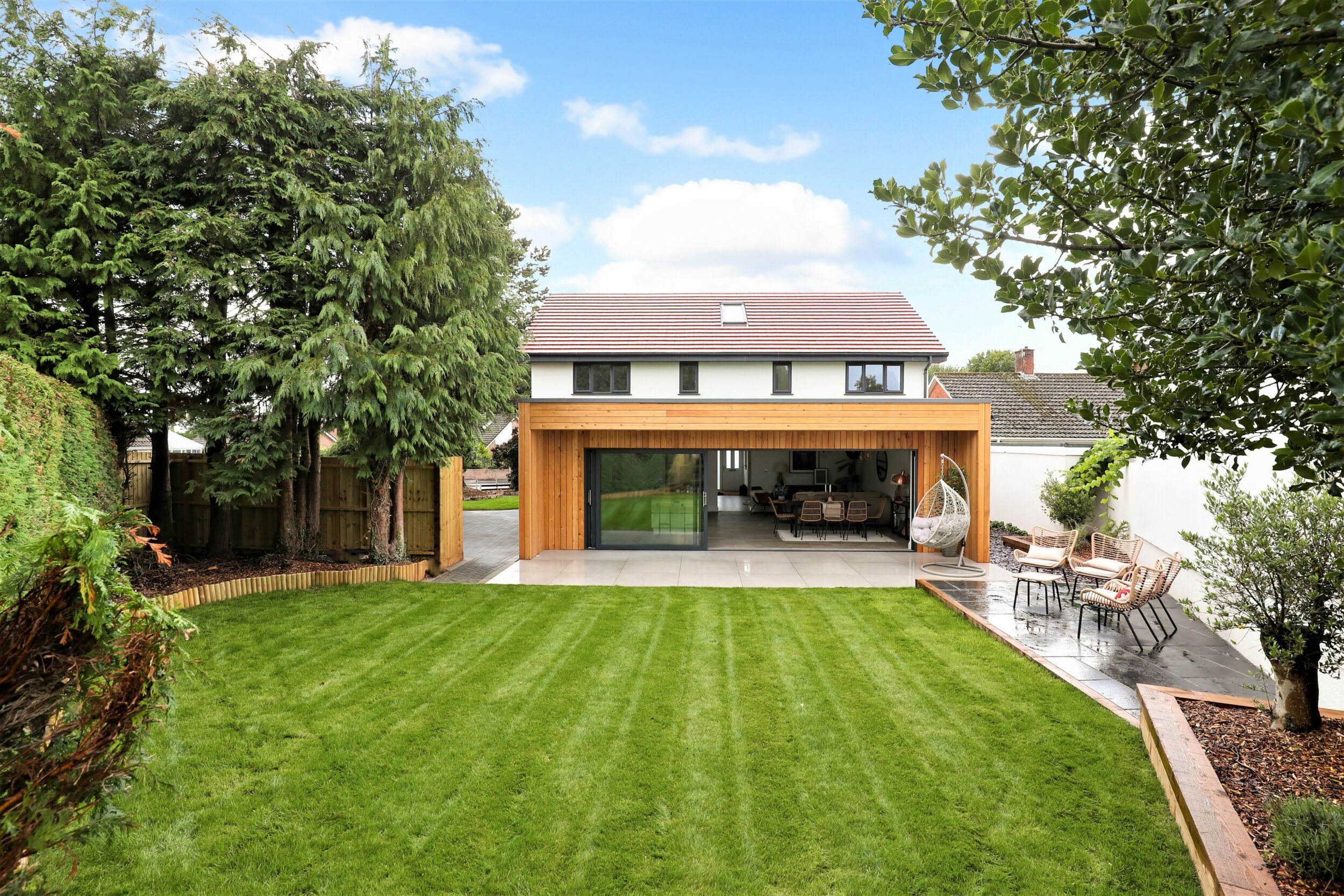If you own a bungalow in Failand, Bristol, and are looking to expand your living space, you may be considering converting it into a two-storey house with a rear extension. However, before you start any construction work, it's crucial to understand the planning permission requirements and options available to you. In this article, we will explore the concepts of prior approval and permitted development rights, and how they may apply to your bungalow conversion project in Failand.
What is Prior Approval?
Prior approval is a process that allows property owners to make certain changes to their properties without going through the full planning permission application process. Instead, they must obtain approval from the local planning authority (LPA) on specific aspects of the proposed development. Prior approval is typically required for changes that could potentially have a significant impact on the surrounding area or the environment, but are considered to be of lower impact than those requiring full planning permission.
Converting a Bungalow to a Two-Storey House with Rear Extension: Prior Approval Process
If you want to convert your bungalow to a two-storey house with a rear extension in Failand, you may be able to do so under prior approval. In 2013, the UK government introduced new permitted development rights that allow bungalows to be converted into houses, subject to certain conditions.
To be eligible for prior approval, your proposed conversion must meet the following requirements:
- The existing footprint of the bungalow must not be extended. Any extensions must be built on top of the existing footprint.
- The height of the new two-storey house, including the extension, must not exceed the highest part of the existing roof.
- The materials used for the external walls of the new two-storey house must be similar in appearance to those of the existing bungalow.
- The development must not result in a house with more than two storeys.
- The proposed development must not have a detrimental impact on the amenity of the surrounding area, such as privacy, light, or outlook.
- The proposed development must not result in the loss of any off-street parking space that is required for the existing bungalow.
Once you have ensured that your proposed conversion meets these requirements, you can submit an application for prior approval to the local planning authority. The LPA will consider your proposal in light of these requirements and may consult with neighbors and other stakeholders before making a decision.
Permitted Development Rights for Rear Extensions
In addition to the conversion of a bungalow to a two-storey house, you may also be able to build a rear extension under permitted development rights. Permitted development rights allow property owners to make certain changes to their properties without the need for planning permission, as long as the changes meet specific criteria.
For rear extensions, the following criteria must be met to qualify for permitted development rights:
- The extension must not project beyond the rear wall of the original house by more than 4 meters for a detached house, or 3 meters for a semi-detached or terraced house.
- The height of the extension must not exceed 3 meters.
- The eaves and ridge height of the extension must not be higher than the existing house.
- The materials used for the external walls of the extension must be of similar appearance to those of the existing house.
- The proposed development must not result in a house with more than one storey.
- The proposed development must not have a detrimental impact on the amenity of the surrounding area, such as privacy, light, or outlook.
If your proposed rear extension meets these criteria, you may not need to apply
